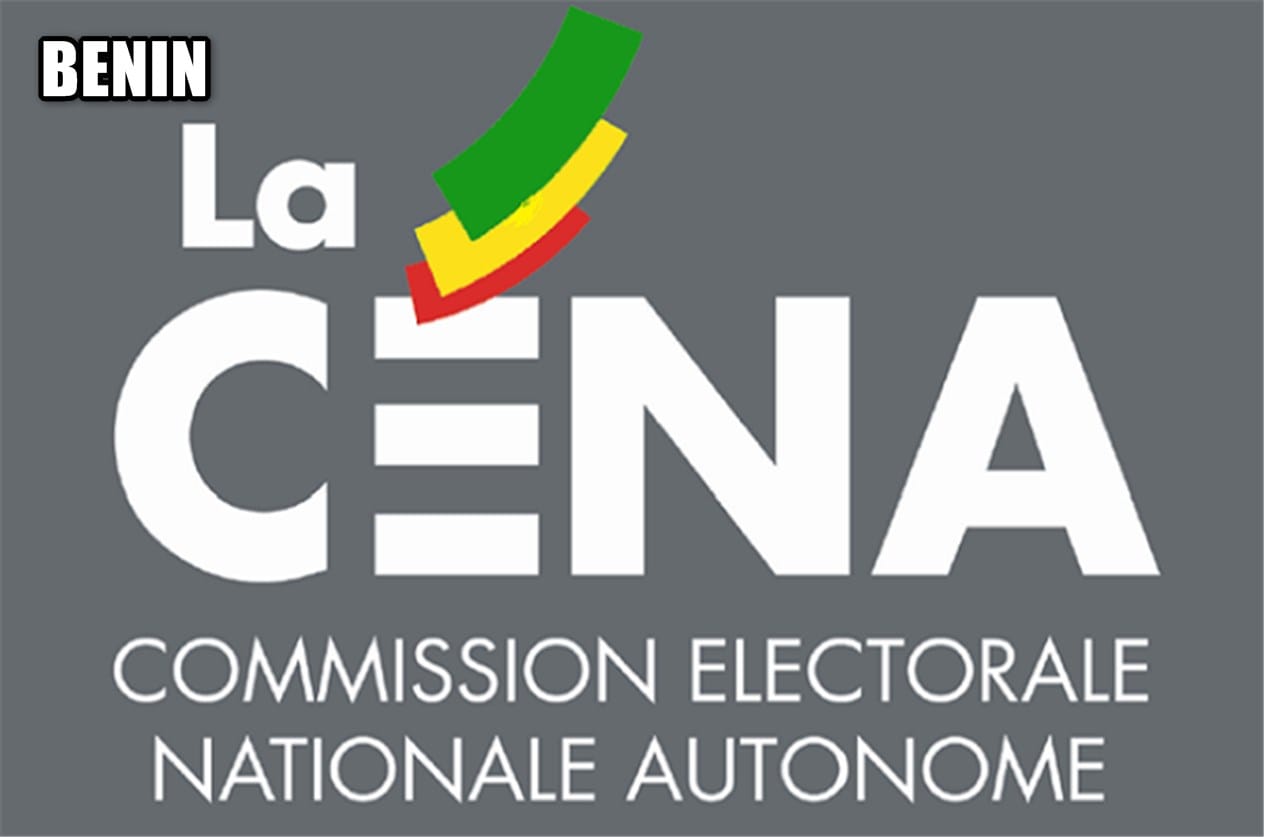2026 General Elections in Benin: What the CENA and Political Parties Discussed This Friday
The president of the Independent National Electoral Commission (CENA) conducted an informational session on Friday, June 13, 2025, for representatives of political parties. The focus was on the upcoming general elections of 2026.

SUMMARY
“As part of organizing these elections, CENA published its detailed timeline on April 7, 2025. Since then, numerous activities have been implemented. We find it essential to inform you about the progress of this timeline, present the ongoing efforts, and discuss practical measures to be put in place,” began the president of the election organizing body.
He emphasized that the success of these general elections depends on meticulous preparation, clear information, and collective commitment from all stakeholders.
“That’s why we take this opportunity to identify potential difficulties, provide appropriate solutions, and agree on the best approaches for an efficient, credible, and transparent electoral process,” stated Sacca Lafia.
Preparations Progress Update
During the meeting on June 13, 2025, Ruffin Domingo, director of electoral materials and operations, provided a detailed progress report on the implementation of electoral activities. As of that date, he stated that “all activities planned in both CENA’s internal planning document and the timeline are executed on schedule.”
According to the timeline published in April 2025, the combined legislative-municipal elections run from December 2024 to February 2026, with 53 activities planned, while the presidential election covers the period from December 2024 to May 2026, with 38 planned activities.
Among the activities already completed are:
- the official publication of the timeline,
- the organization of consultations with ANIP (ongoing until November 13, 2025),
- the inventory of electoral material across the territory,
- and the organization of this meeting with parties.
Several important deadlines are expected as early as July 2025. CENA notably plans to: publish the decision on the modalities of sponsorship of candidacies, determine the number of seats per district for the municipalities, receive statistics from the Computerized Electoral List (LEI) on July 15, publish decisions setting out the documentation required and the modalities for submitting nominations for both combined and presidential elections, and provide the nominative sponsorship forms to deputies and mayors.
71 other activities must be conducted between August 2025 and May 2026, according to Ruffin Domingo.
Important Dates to Remember:
- Legislative and municipal campaigns: December 26, 2025, to January 9, 2026,
- Combined election: January 11, 2026,
- Provisional results of the legislative: January 12, 2026,
- Definitive results: between January 12 and January 13, 2026,
- First round of the presidential election: April 12, 2026
On the technology front, CENA also presented a major innovation: the eDélégué platform, designed to facilitate the process of designating, accrediting, and deploying party delegates.
“It is a tool that ensures effectiveness, security, and complete control over the management process of your delegates. Each mandate is unique, verifiable by QR code on a smartphone. You have real-time visibility, wherever you are,” explained Aristide Babatoundé Yagbo, CENA’s director of information systems.
Mixed Reactions from Political Parties
CENA’s presentation was well received by several parties. Mohamed Akintola Awalé, representative of the National Renaissance Party (RN), praised an approach marked by transparency, rigor, and inclusion.
“CENA’s presentation addresses a concern for fairness towards political parties. This allows us to better anticipate our participation strategy,” he declared.
However, The Democrats, the main opposition party, chose to remain silent at the end of the meeting. Their lack of comment fuels speculation about possible reservations or ongoing mistrust regarding the organization of the electoral process.


Comments